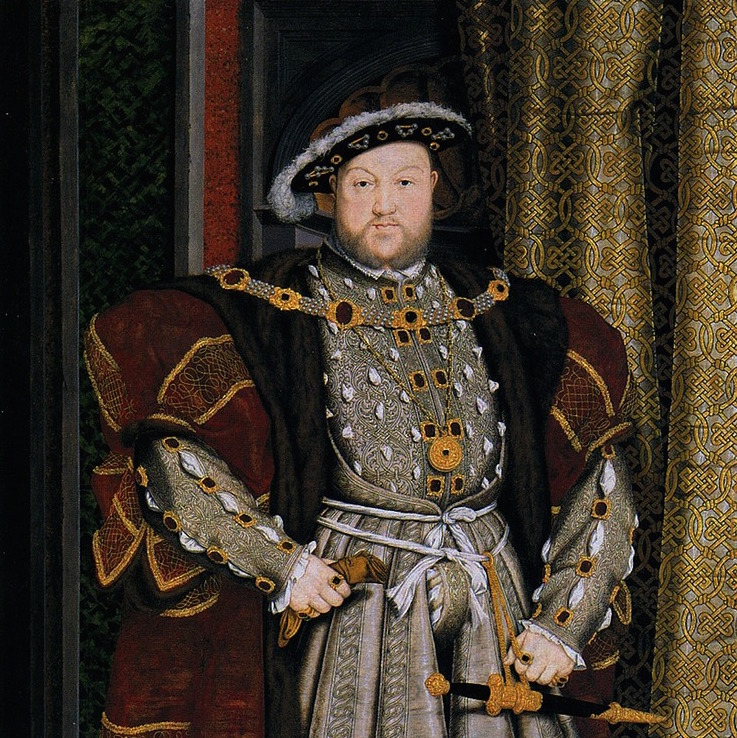Alex Symczak has been visiting my comboxes lately, asking pointed questions about the nature of belief, and questioning my basis for the beliefs I’ve been talking about. And because he’s been civil, and seems to genuinely want to enter into discussion, rather than simply sneering and counting coup like some atheist commenters I’ve had over the years, I’m inclined to address them.
At the end of Monday’s post on “What We Can Know, and How We Can Know It” I bring up the topic of faith, which Alex defines as “the blind acceptance of logical propositions.”
And here is a basic difference between us; and if we don’t address it we’ll get nowhere.
Religion is not primarily a matter of a set of doctrines to be believed; some religions have been pretty much doctrine-free. In Ancient Rome, religion was a question of making the right sacrifices at the right times, not a matter of correct doctrine. Christianity, especially as represented by Catholicism, does indeed have a rich body of doctrine, precisely because we do believe that God is a God of Truth, and that it matters that we speak correctly of him. Not all statements about God and His relationship with us can be true, and so we try to keep track of the ones that are; and having determined them, we insist on them. But to reduce Christianity to an “acceptance of logical propositions” is to completely misunderstand it.
Faith, as defined by the Catholic Church, is not assent to logical propositions; it’s trust in God, trust in the person of Jesus Christ. I believe what the Church teaches because I trust in God to preserve the Church from serious doctrinal error, that is, I trust in God to ensure that the Church ultimately speaks truly about Him. The Church requires orthodox belief of its members (a requirement frequently honored in the breach, alas), but that belief follows the trust.
I didn’t come to my faith by looking at all of the logical propositions, and proving each one rigorously and individually; I came to it by coming to know Christ. Here’s how that happened in my case. (I don’t expect this will be much help to Alex; he might do better to read the stories of adult converts like C.S. Lewis or Jennifer Fulwiler.)
Simply put, I was raised in the Church. I was taken to mass every Sunday, I was sent to catechism class, I received the various sacraments. It didn’t occur to me not to believe until I was in high school; and in high school, I have to admit, I had lots of reasons not to believe in God. None of them were logical objections to His existence; all of them were reasons why I found Him inconvenient. To put it bluntly, I’d acquired a sin or two that I was quite fond of, and wanted to retain, and, gosh, if there was no God then they weren’t sins and I could go on doing them. I very much wanted not to believe in God for a period of time.
That lasted until I went to a concert of Christian music that ended with an “altar call”. The leaders of that congregation were asking the audience to consider making a commitment to Christ. I’d had no intention of doing such a thing that evening; quite the opposite. I’d only gone because it was a Friday evening, and I was bored, and my friends were going. And as I sat there in the pew, having resolutely ignored the worship leader’s sales pitch, it was as though I heard a still, small voice: “Will, you know perfectly well that I’m here. Are you going to admit it, or are you going to spend the rest of your natural life in denial?” I felt like I was being presented with a true choice, right there and then: to accept that God existed and had a claim on me; or to reject Him, and deny His existence, and going on denying it. And after some moments I decided that denial was no way to live, and admitted that I did know perfectly well that He was there, and chose to live with the consequences.
That probably sounds corny. But since that time, I’ve never had a serious doubt about God’s existence; and if I’d chosen otherwise, I think I’d have ended up one of those bitter atheists I see in comment boxes every now and again. Instead, over thirty years later, here I am. My faith has grown over the years, and I understand the Christian faith much better than I did back then; but the roots of my commitment go back to that day in 1980.
Not only does the Church define faith as trust in God, it also says that that trust is a gift of God; and this leads to another of Alex’s questions: what makes me special? My answer to that is that I’m not particularly special; there are over a billion Catholics in the world today. But then, why are Catholics so privileged? I’ll have something on that later, probably next Monday.
Note to Alex: I know I haven’t answered all—or perhaps any—of your questions yet. There’s more to come; but I’m not really an apologist, and it takes time.











